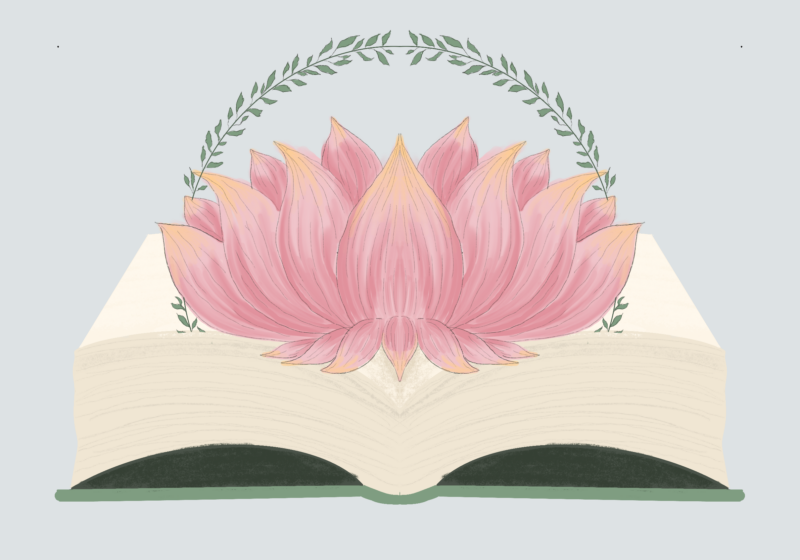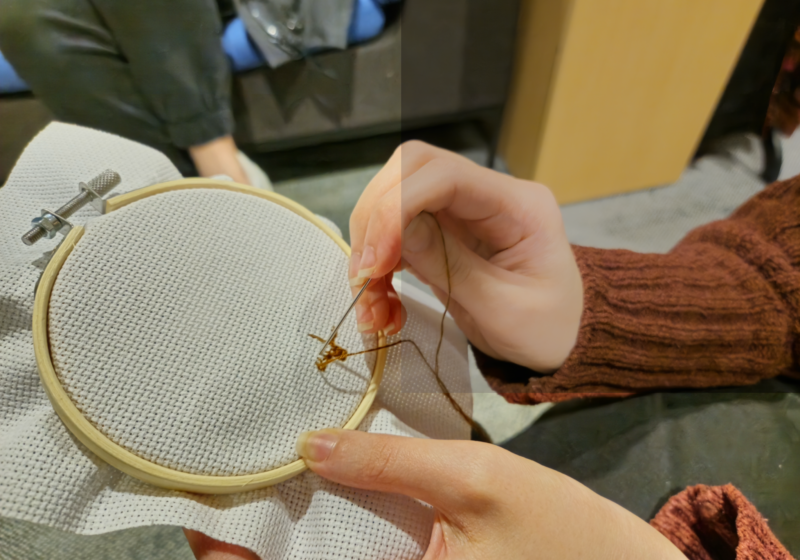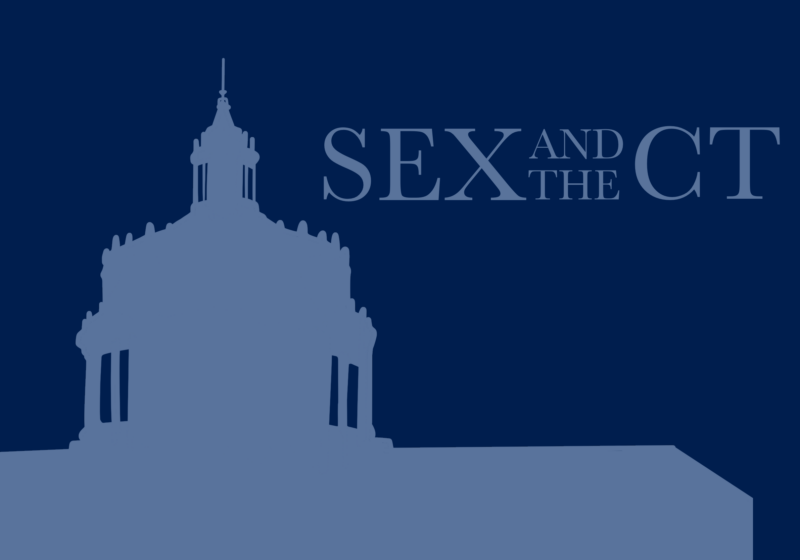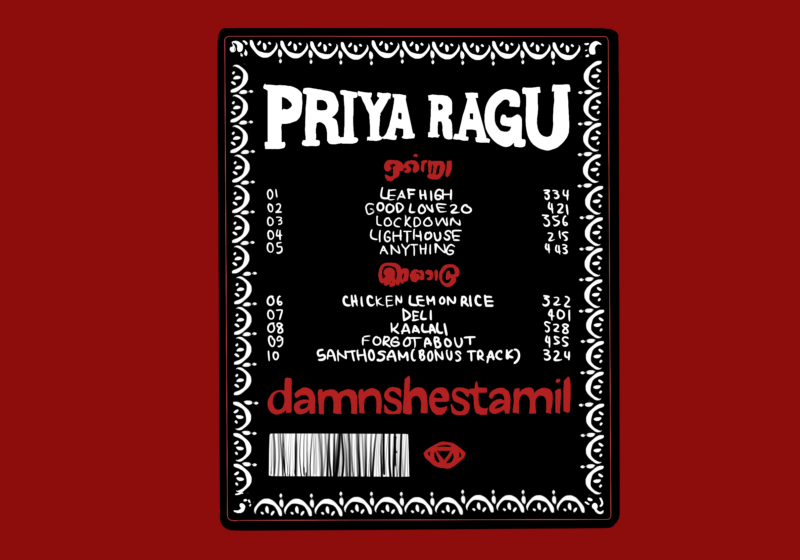The truth is: intellect-wise, we’ve made it.
We attend the University of Rochester, a school ranked as the 36th best higher-learning institution in the United States. You have to be smart to get in. We are students at one of the world’s leading universities, and our intellect contributes to its status as an academically notable institution. Within societal expectations of intelligence, we have succeeded..
Plus, while we’re here, we gain so much specialized information — information that will get us high-paying jobs and earn us a lot of money. Chances are most of us have done very hard work to get us here, honing our potential to consume knowledge. If you keep at it, you will get smarter and learn more.
Here, at the University, we’re all smart!
So how can we gauge smartness here? Well, intelligence doesn’t equate to wisdom.
What’s wisdom? What makes it different from intellect?
Following the grain of a basic Google search of ‘wisdom’ will tell us that it’s the “soundness of mind, clarity in experience, awareness, and judgment.”
Are you smart if you get a full score on your organic chemistryOrgo test? Objectively, absolutely. However, are you wise if you then go on to rub your grade in the face of a dozen frat bros and a handful of homeless people? No. A wedgie would be a generous punishment for such an idiotic move.
Are you smart if you know so much about “One Piece” that you can recite the script of the entire first season by memory? Yeah. Would it be wise to recite it on your first date with someone way out of your league? No.
From those examples, I hope you can see how wisdom differs from intellect. Wisdom has less to do with what specific knowledge you have, and more with how you’re willing to learn and live with others—and yourself. Wisdom is less about what you know and more about how you execute the knowledge that you’ve been given. That perfect orgo score is great, but you know what you shouldn’t do with that? Brag about it in the faces of people around you, as that is definitively cruising for a bruising (or loneliness).
Knowledge equals power just as the hydrogen bomb equals power. Wisdom is about making sure the right person is behind that power.
The opposite of wisdom is folly. Wisdom would be worth nothing if we weren’t at risk of falling into folly (there’s no point in rock climbing if gravity doesn’t challenge you), but folly does exist. To deny the existence of such a danger as folly is intrinsically foolish.
To deny that we are all capable of both wise and foolish actions is also folly. If my friend is going around being a bigot, I can wisely say that he is being an idiot, but I cannot say, “I’ll never be like him” Animal Farm — the cycle continues.
The terrific thing about wisdom, and this is one of the things that convinces me that it is real, is that anyone can attain it. A Wall Street stockbroker can attain wisdom just as easily as an old woman living below the poverty line in storm-wrecked Louisiana can. Funnily enough, I think the old woman is going to have an easier time of it than the stockbroker will, despite the “power” society gives the former.
We on this campus can and will wield a lot of power in our careers, whether we like to admit it or not. What isn’t guaranteed is if we will treat each given situation and person with the wisdom it deserves.
Don’t know if you’re wise? Take a good look at yourself and think. Do you want fulfillment in life or just cheap and easy thrills? Do you control your habits, or do you let them control you? Are you doing something or living some way because it’s easy and everyone else is doing it, or because it’s actually the right thing to do? These questions make life more complex, but without them we would make foolish decisions at every turn. If you want to delineate the truly “smart” people from the rest of the crowd, look no further than the people who are keeping track of what actually matters.
Being wise is awesome, but becoming wise is hard. Choosing wisdom is not easy. I find wisdom is often telling me things I really wouldn’t like to hear about myself, constructive things like: “You sound domineering when you say that;” “You shouldn’t debase yourself like that;” or “One brownie is enough, pull yourself together.”
As Gloria Steinem said: “The truth will set you free, but first it will piss you off.” Listening to that truth is what makes you wise. Wisdom is a stern teacher, but a good teacher. Find her and listen to her, and you will find she has important things to say.




